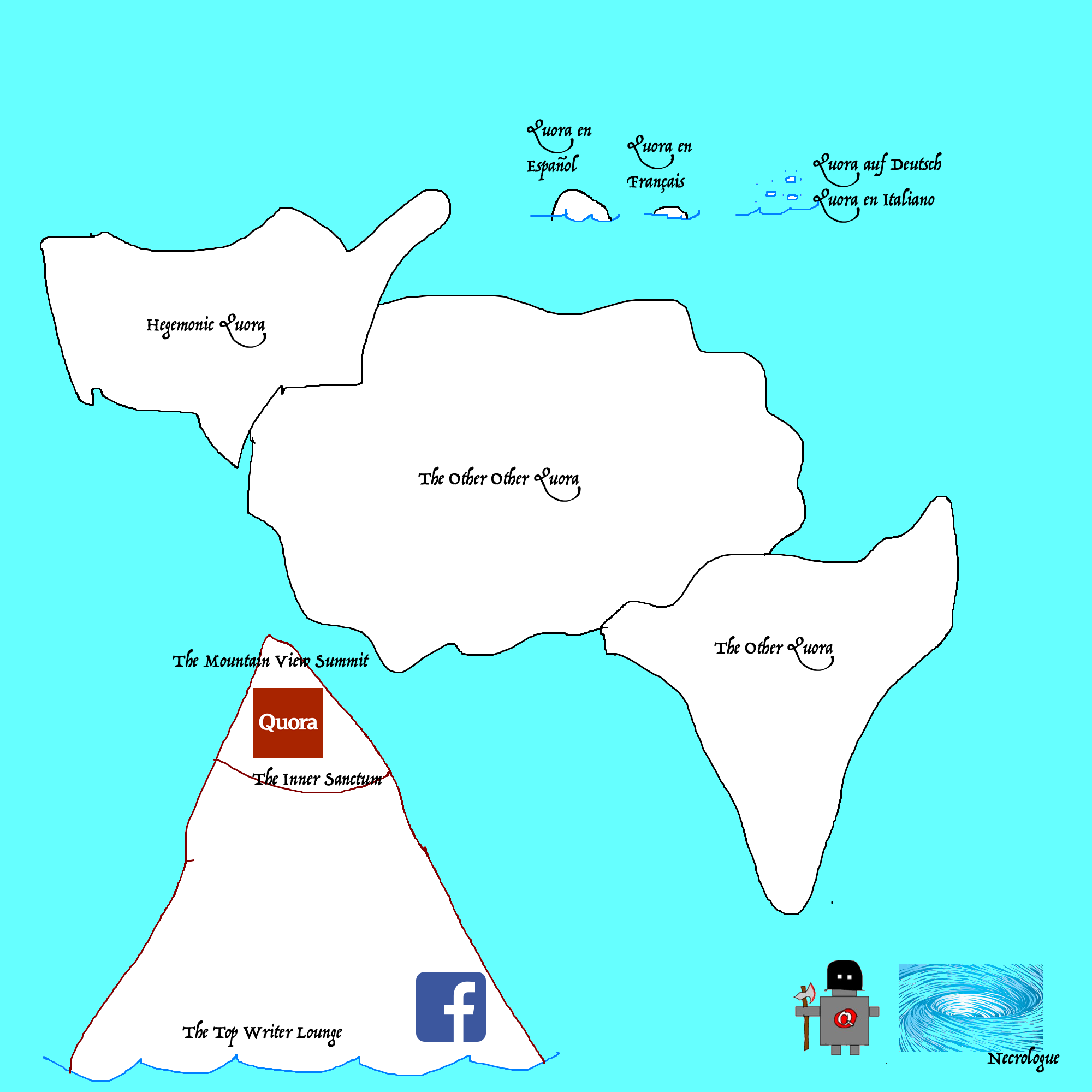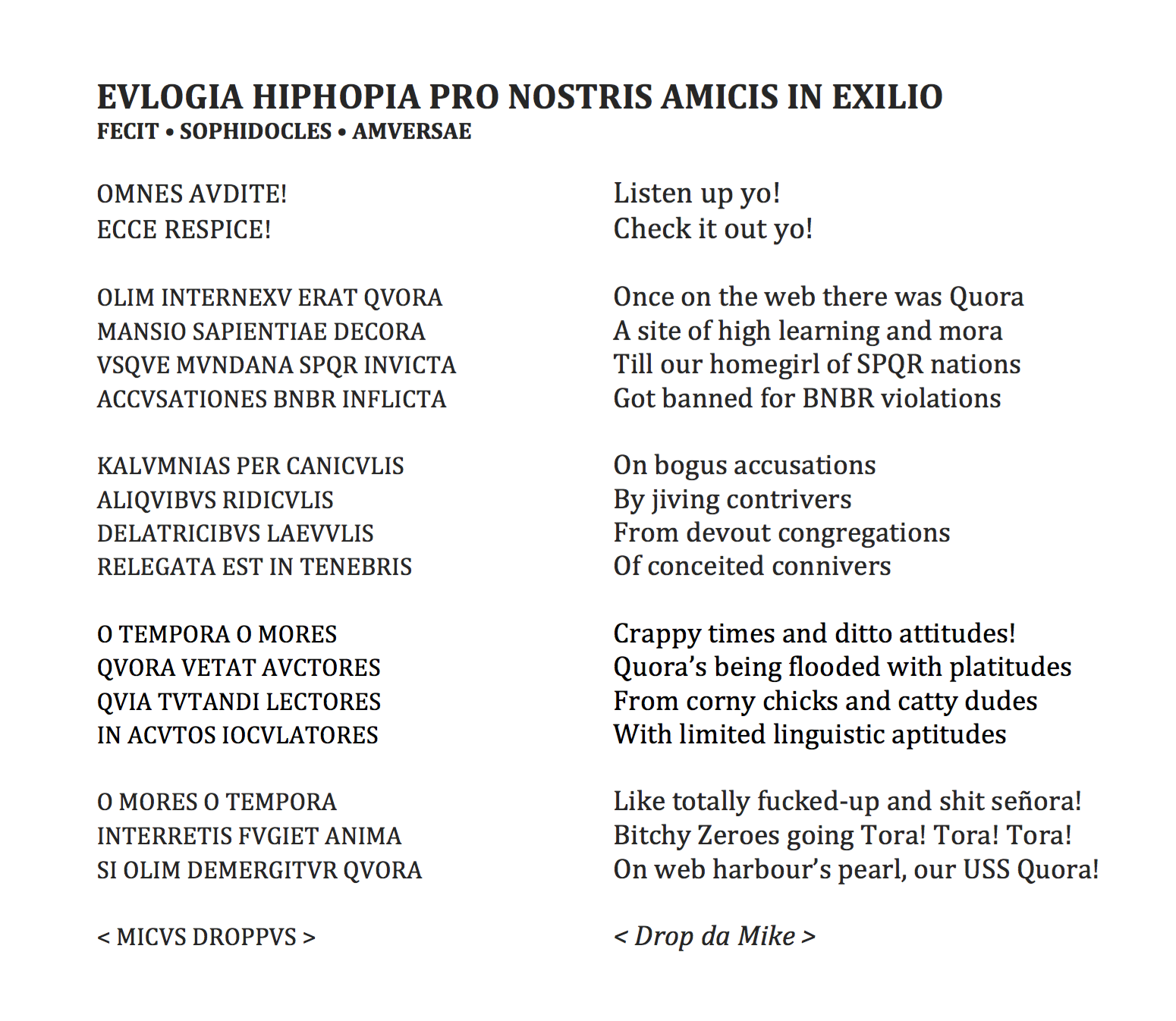For Victoria Weaver.
Music came early to me. Soaking up the multiple musical traditions of Greece while living there, from 8–12.
(Or to be more precise, the musical traditions that Greek State TV allowed through. Crete was in by then, but no violins, only lyras, by an ahistorical metric of authenticity—I was living in violin country, and assuming the local fiddler was some sort of interloper. No Ionian islands: barbershop quartets, too Western. No brass: too suspect in their Balkanness.)
And then, when back in Australia, my mum got me a tape of best-of Bach organ music, as played by Helmut Walcha.
She walked past the racket as I was listening, puzzled, entranced. “My fault for buying it”, she winced. Yeah. Her fault indeed.
Music is my literature, music is certainly my art. Music lit was the high school course I got the most enduring learnings out of, scrutinising how those pieces ticked, putting them back together. Berg’s Violin Concerto; Bach’s Christmas Oratorio; Stravinsky’s Symphony of Psalms.
Music is where I learned of tradition and innovation. Music is where I learned of the manipulation of tradition. (See second para.) It’s been a fond pastime, all too rare, for me to take the time to immerse myself in a new musical tradition, and work out how it varies, and how it hangs together. Ars Subtilior. Georgian folk. Country blues.
Hence the mandolin; I got turned on to country blues by a blues guitarist and mandolinist (docwhite)—which made me realise that the Piedmont style was my thing, even if the Delta style was all I’d ever heard. My wife got me a mandolin, and I banged away at it a bit; even improvised a few times. But I’m not at the age where I can practice or stick to things much any more. The mandolin gets taken out maybe once a year.
I took to mandolin, because it’s the same tuning as a violin; in fact, my wife got me a mandolin because that’s what I’d idly commented to her during the first show we saw of Doc White’s. And I had played violin. Primary school violin lessons; resumed in high school, though I never got to be all that good at it. I did at least get to play in orchestra once or twice. Useful experience, being part of a band.
I wrote some music in high school too, for what that was worth. I’d gotten the inspiration to. Not the technique to. Certainly not the perseverance to. Ironically, it was only after I finished a doctorate, that I got enough perseverance to finish anything at all. I had a spare year between my PhD and my monograph while stateside; Compositions are the result. No, they’re not that long. No, I didn’t have that much perseverance after all. Yes, I’m happy with them.

